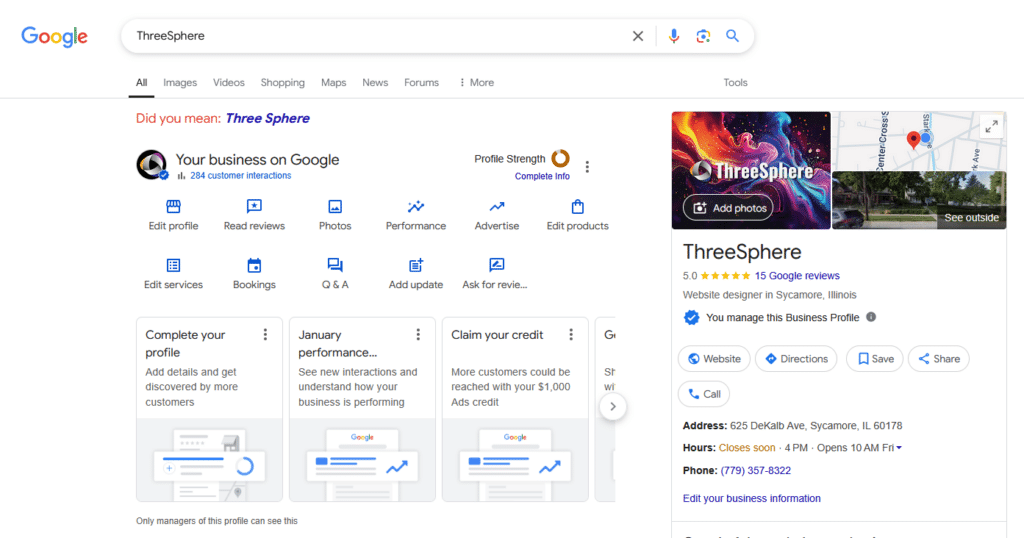The Role of Keywords in SEO
In the world of Search Engine Optimization (SEO), keywords serve as the crucial link between what users are searching for and the information your website provides. These specific terms are integral to enhancing your website’s visibility, helping potential visitors find the content that meets their needs. By carefully selecting and incorporating the right search terms, you can greatly improve your site’s presence on search engines, ensuring that it stands out among competitors. This increased visibility not only draws more visitors but also creates a more personalized and engaging experience for users, ultimately leading to higher conversion rates.
Optimizing Your Website with Search Terms
Using the right search phrases is key to optimizing your website’s content and overall structure. These elements help search engines recognize the relevance of your site’s pages, guiding visitors to the information they are most interested in. Beyond simply attracting more traffic, the strategic placement of these terms plays a vital role in user engagement and satisfaction. A well-optimized site that effectively uses relevant search phrases will not only attract users but also keep them engaged, encouraging actions such as making a purchase, signing up for newsletters, or reaching out for further services.

Understanding Keywords
Understanding the Importance of Search Terms in SEO
Keywords are the specific terms or phrases that internet users enter into search engines when seeking information, products, or services. These search terms are fundamental from an SEO perspective because they help search engines determine the focus and relevance of your content. By integrating these targeted phrases into your website, you can effectively communicate to search engines what your site is about, thereby increasing your chances of being discovered by the right audience.
Tailoring Your Search Terms to Your Business
For instance, if you operate an online bakery that specializes in gluten-free products, you would want to focus on terms that align with what your potential customers might search for, such as “gluten-free bakery,” “gluten-free bread,” or “buy gluten-free cakes online.” These carefully selected phrases will not only help search engines connect users to your website but also attract customers who are specifically looking for the products you offer, enhancing the overall effectiveness of your SEO strategy.

The Importance of Keywords in SEO
1. Improved Visibility and Ranking with Keywords
The main reason why specific search terms are crucial to your SEO strategy is their ability to enhance your website’s visibility and ranking. When you strategically include the right phrases in your content, it signals to search engines what your site is about. This helps search engines better understand your offerings, increasing the likelihood of your site appearing in relevant search results. Consequently, your website becomes more accessible to potential visitors, driving organic traffic and improving user engagement. The effective use of these terms is a vital component in making your website more discoverable to your target audience, ultimately leading to increased conversions and online success.
2. Attracting Quality Traffic
Strategically using relevant search terms does more than just increase traffic to your website; it attracts the right kind of visitors. By focusing on specific phrases that align with your business offerings, you’re more likely to draw in users who are genuinely interested in what you provide. These visitors are not just browsing; they are more inclined to engage with your content, explore your services, or make a purchase. This targeted approach ensures that the traffic coming to your site is more valuable, leading to higher engagement rates, better conversion opportunities, and ultimately, more success for your business.
3. Better User Experience
Effectively incorporating relevant search terms into your website’s content enhances the overall experience for your visitors. When users land on your site after searching for a specific phrase, they expect to find exactly what they were looking for. If your content meets their needs immediately, they are more likely to stay longer, explore other pages, and engage with your offerings. This not only improves user satisfaction but also increases the chances of converting visitors into loyal customers or clients, making your site more successful in achieving its goals.
4. SEO: Insight into User Behavior

Understanding Audience Behavior Through Search Terms
The phrases and terms people use to find your website can offer deep insights into their behavior and preferences. By analyzing which search terms are driving the most traffic, you can gain a better understanding of what your audience is truly interested in. This knowledge allows you to create content that is more aligned with their needs, ultimately increasing engagement and satisfaction. When you tailor your website content to reflect these interests, you not only meet your audience’s expectations but also build a stronger connection with them.
Strategic Use of Search Terms: Quality Over Quantity
While incorporating relevant search terms is important for visibility, it’s crucial to avoid the outdated practice of overloading your content with these phrases, known as ‘keyword stuffing.’ This approach can actually backfire, as search engines are increasingly prioritizing content that offers real value to users over content that is simply optimized to rank higher. Focus on creating meaningful, high-quality content that naturally integrates the terms users are searching for, which will enhance both your site’s SEO performance and user experience.

A successful keyword strategy involves:
- Keyword Research: This process involves identifying a list of potential search terms your target audience might use. Various tools can help you find keywords related to your business.
- Keyword Analysis: After identifying potential keywords, you need to evaluate them for popularity and competition. It can often be more beneficial to rank highly for a less popular keyword than to rank lower for a highly popular keyword.
- Content Creation: Once you’ve chosen your keywords, you need to incorporate them naturally into your content. This includes your website’s meta tags, titles, and body content.
- Performance Tracking: Regularly monitor your keyword performance. SEO is an ongoing process, and keyword trends can change over time. Stay adaptable and adjust your strategy as needed.
In conclusion, keywords are the lifeblood of SEO. They help search engines understand your content, attract the right visitors, and create a better user experience. By understanding the importance of keywords and using them strategically, you can significantly improve your website’s SEO success.
How useful was this post?
Click on a star to rate it!
Average rating 0 / 5. Vote count: 0
No votes so far! Be the first to rate this post.
Author
-

Meet Anthony Ernst, the creative force behind ThreeSphere. With a passion for art and a knack for business, Anthony is a multi-talented entrepreneur who wears many hats. As the owner of ThreeSphere, he combines his expertise in web development with his artistic vision to craft stunning and functional websites for clients.
View all posts








